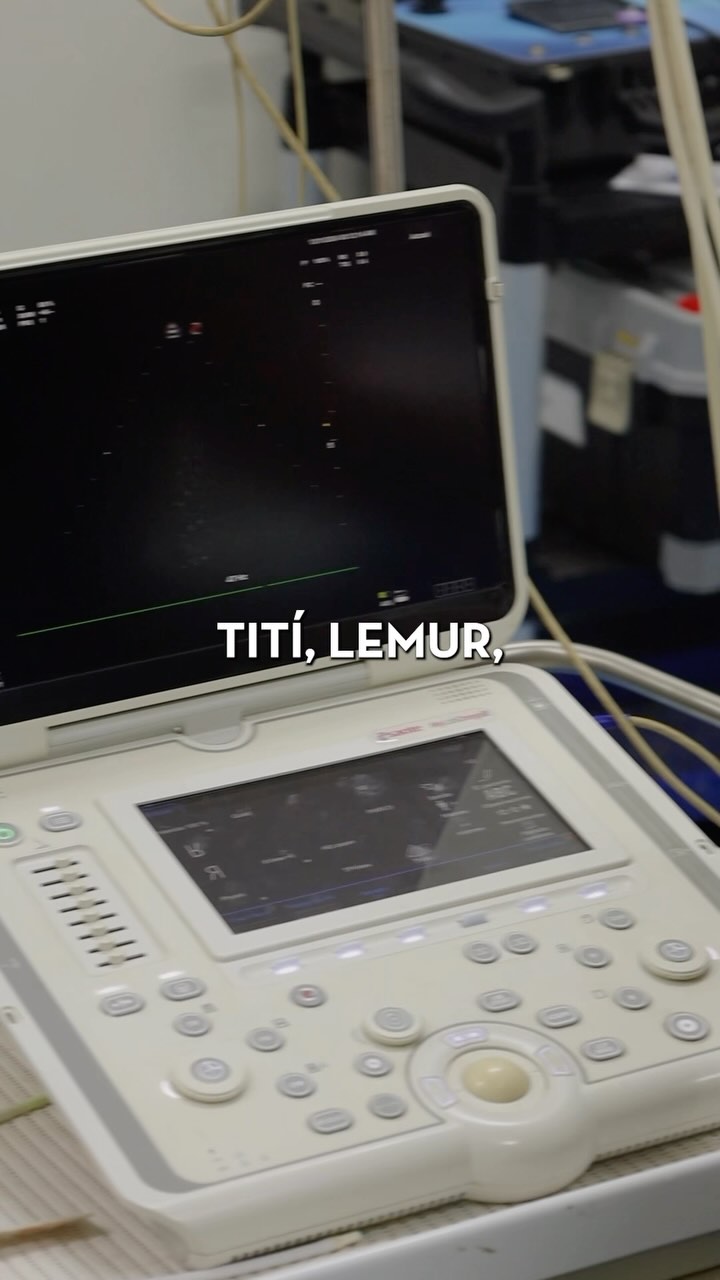- Understanding the critical role of animal welfare in zoological settings and its impact on the animals’ physical and psychological health.
- Insights into the specialized role of veterinary cardiology in maintaining and enhancing the health of zoo animals.
- The significance of continuous health checks and monitoring for the sustainable management and care of captive wildlife.
- Highlighting collaborative efforts between zoologists, veterinarians, and conservationists in preserving animal health and well-being.
- Exploring future prospects and the progressive steps being taken to develop a responsible zoo environment prioritizing animal welfare.
The concept of animal welfare extends beyond ensuring basic needs; it encompasses a comprehensive approach to prioritize the health and happiness of creatures in managed care. In zoological environments, the commitment to animal welfare is paramount. Animals, like humans, possess complex needs that include physical, mental, and social components. Their well-being is intrinsically linked to their habitat, diet, medical care, and even interaction with their caretakers. This complex system of care is vital for maintaining the health of animals in captivity and plays a critical role in the success and sustainability of zoos as conservation entities.
Recent efforts highlight the importance of specialized medical interventions in zoological care. Oscar Martínez, a veterinary cardiologist, recently contributed his expertise to perform a series of specialized check-ups on the animals. Cardiovascular health in animals, much like in humans, is crucial as it affects overall physical health and longevity. Addressing cardiovascular issues in zoo animals involves unique challenges due to their diverse species, varied physiology, and differences in heart size and function. By focusing on cardiology, veterinarians can detect early signs of disease, providing timely interventions and adapting care protocols accordingly.
Routine health checks are fundamental to zoo management. They offer a systematic approach to monitor the physical and psychological health of animals. In practice, these checks involve detailed examinations, including blood tests, imaging studies, and behavioral assessments. The data collected is fundamental for identifying potential health issues before they become severe. This proactive approach not only enhances the quality of life for the animals but also reduces the long-term costs associated with treating advanced diseases.
Interdisciplinary collaboration is the backbone of effective animal welfare in zoos. It brings together zoologists, veterinarians, behaviorists, and conservation scientists, each contributing their expertise to the common goal of maintaining animal health. By working collaboratively, these professionals develop comprehensive care plans that address the diverse needs of different species. These collaborations extend beyond medical care, encompassing habitat design, enrichment activities, and nutritional planning, all of which are vital for the animals’ overall well-being.
The visit by Oscar Martínez is part of a broader initiative to foster animal welfare through expert medical care and continuous improvement of zoo management practices. However, this is just the beginning of a progressive journey to further improve the standards of care provided. Raising the bar for animal welfare involves adopting new technologies, research advancements, and innovative practices tailored to the specialized needs of captive wildlife.
As the conversation about responsible zoo management continues, it is crucial that these establishments continue to evolve their practices in line with current scientific understanding and public expectations. Animal welfare must remain a core focus, ensuring that zoos not only serve as educational and recreational spaces but also as pillars of conservation and scientific research. By embracing this multifaceted mission, zoos contribute meaningfully to the global effort to preserve biodiversity and protect endangered species for future generations.
*****
Source Description
En el el bienestar de los animales es nuestra prioridad. Recibimos la visita de Oscar Martínez, médico veterinario especializado en el área de cardiología, quien ha ayudado realizando varios chequeos especializados para asegurar el bienestar de los animales.
¡Pero esto es solo el comienzo! Muy pronto les compartiremos la segunda parte de este proceso, lleno de cuidado y pasión por la vida con quienes hacen único este lugar.
.
.
.


